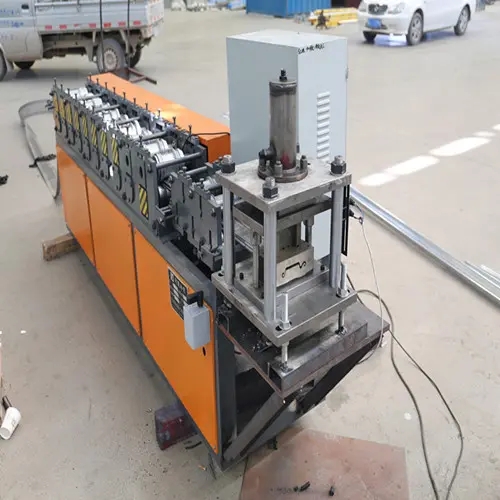
The Evolution and Importance of Tile Making Machines
In the realm of construction and interior design, tiles have held a significant place, serving not only functional purposes but also enhancing aesthetic appeal. The advent of tile-making machines has revolutionized the production of tiles, leading to higher efficiency and consistency in quality. This article delves into the evolution, types, and benefits of tile-making machines, highlighting their importance in today’s manufacturing landscape.
Historically, tile production was a labor-intensive affair, relying heavily on manual labor and craftsmanship. Artisans carefully shaped and fired tiles in small batches, a process that was time-consuming and often led to inconsistencies in size and quality. The introduction of tile-making machines marked a turning point in this industry, allowing for mass production while maintaining quality control.
The Evolution and Importance of Tile Making Machines
Once formed, tiles undergo a drying process to remove moisture before being fired in kilns at high temperatures. This firing process not only solidifies the tile but also enhances its durability, making it suitable for various applications. The final step often includes glazing, which adds an extra layer of protection and gives tiles their distinct finish.

The automation of tile production has numerous benefits. Firstly, it significantly increases production speed. In a world where time is money, tile-making machines can produce thousands of square meters of tiles in a single day, meeting the growing demands of the construction industry. Secondly, these machines ensure precision and uniformity, minimizing human error and producing tiles that are consistently sized and shaped. This uniformity is crucial for large-scale projects, where aesthetic coherence is essential.
Furthermore, tile-making machines have embraced technological advancements, incorporating features such as computer numerical control (CNC) and automation software. These innovations allow for more complex tile designs, including intricate patterns and textures that were once the domain of skilled artisans. Enhanced technological capabilities enable manufacturers to respond swiftly to market trends, producing custom orders with relative ease.
Another significant advantage of modern tile-making machines is their impact on sustainability. Many machines are designed to minimize waste, reusing excess materials generated during production. Energy-efficient kilns and manufacturing processes further reduce the carbon footprint associated with tile production. This focus on sustainability is increasingly important as consumers and businesses strive to make environmentally friendly choices.
Moreover, the rise of tile-making machines has also led to the establishment of numerous manufacturing plants worldwide, driving economic growth and job creation in the regions where they are located. These facilities not only produce tiles but also foster innovation in materials and techniques, pushing the industry forward.
In conclusion, tile-making machines play a pivotal role in the modern construction and design industries. They have transformed traditional manufacturing processes into highly efficient, sustainable operations that meet the demands of contemporary society. As we look to the future, the continued evolution of these machines will likely further enhance the productivity, quality, and sustainability of tile production, making them an indispensable asset in building and design projects across the globe.